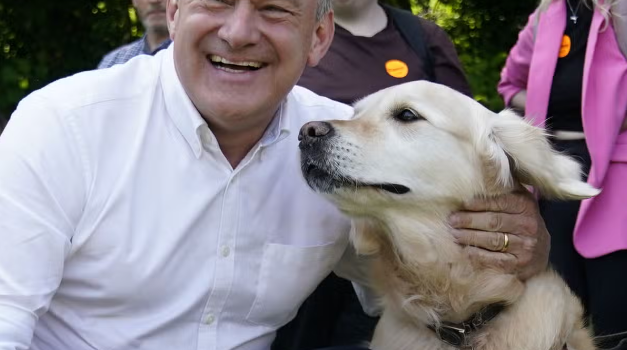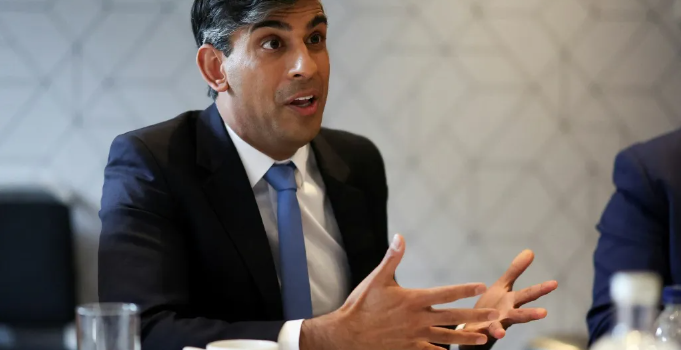
Global Financial Software Developer Expands Operations with Focus on Local Talent
Technology Firm Symphony to Establish Multifunctional Hub and 17 New Jobs in Belfast
Global Financial Software Developer Expands Operations with Focus on Local Talent
Business
International tech company Symphony has announced plans to create a multifunctional hub in Belfast, bringing 17 high-quality jobs to the region. Headquartered in New York, Symphony specialises in developing communication software for the global financial sector, providing messaging, voice, directory, and analytics platforms relied upon by over 625,000 financial professionals across more than 1,000 institutions.
Symphony’s president and CEO, Ben Chrnelich, attributed the company’s decision to invest in Northern Ireland to connections made during last September’s Northern Ireland investment summit. “The NI investment summit was the best investment event I’ve ever attended,” Chrnelich stated. “Discussions with other investors and local universities demonstrated Northern Ireland’s suitability for Symphony’s needs.”
The new Belfast hub is set to play a key role in Symphony’s growth strategy by providing increased operational capacity. Chrnelich highlighted the local talent pool and collaboration potential with universities as key incentives, hinting at plans to expand beyond the initial 17 roles. The positions will encompass engineering, finance, legal, and compliance functions, with flexible hybrid working arrangements extending opportunities across Northern Ireland.
Steve Harper, Invest NI’s executive director of international business, welcomed Symphony’s investment. He noted, “The 17 new roles will offer salaries well above Northern Ireland’s private sector median, contributing £845,000 annually to the local economy. Symphony’s decision was driven by Northern Ireland’s skilled talent pool and strong academic-business links, further solidifying our status as a hub for tech and financial services.”
Northern Ireland Secretary of State Chris Heaton-Harris also praised the announcement, highlighting the economic boost and recognition of local expertise facilitated by the investment summit. “This expansion underscores Northern Ireland’s innovative strengths and showcases the advantages of doing business here,” Heaton-Harris remarked.

















